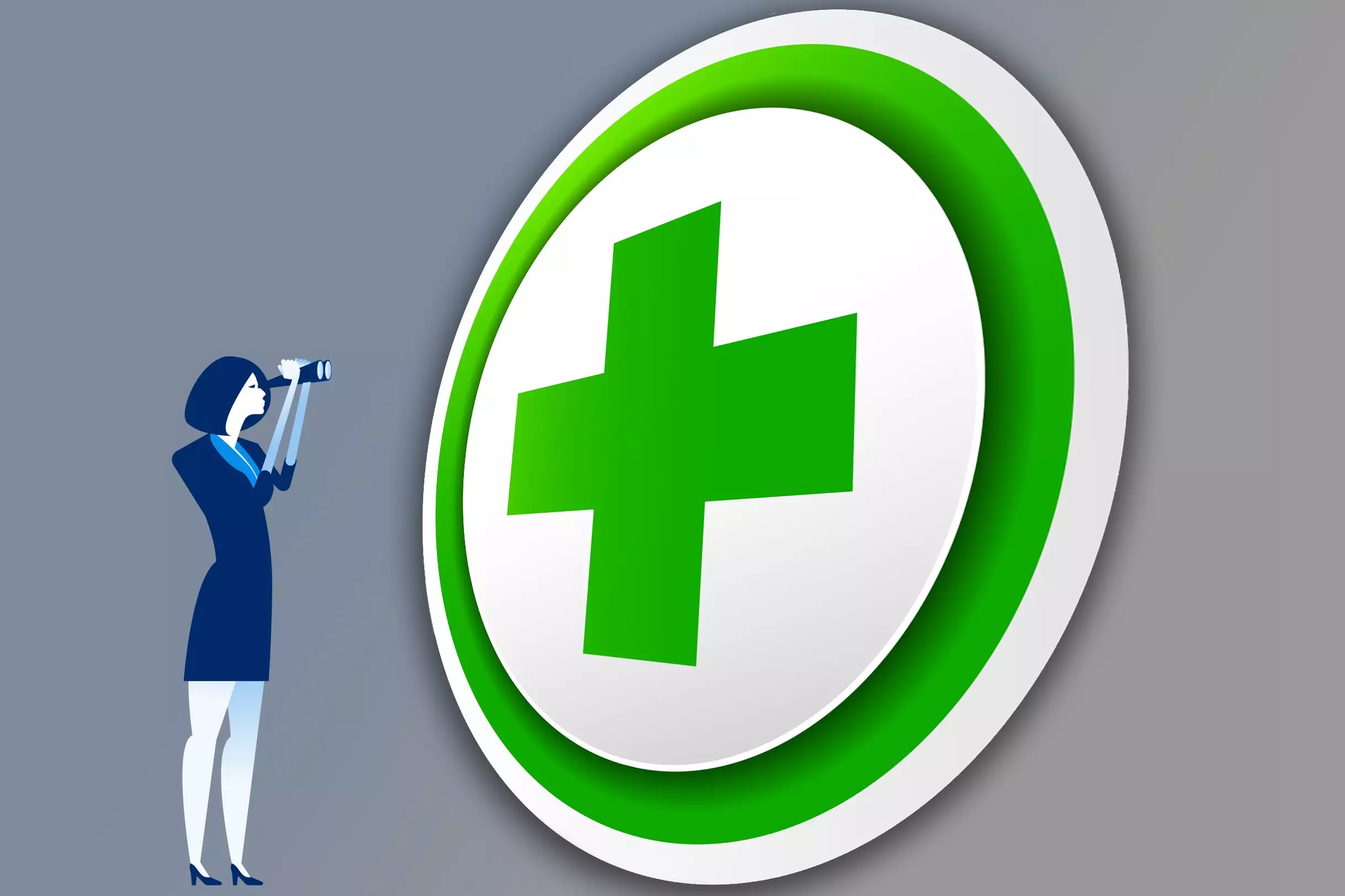
Mclean/Shutterstock.com
Just five years ago, I had barely met a pharmacist. I had worked closely with professionals from many healthcare disciplines, but, aside from a few telephone calls, I had hardly spoken to a pharmacist. This was not because of any medication mastery or prescribing prowess; as a junior doctor, and then a GP, I had never worked alongside one. There was never an opportunity for a chat in the corridor, the coffee room or over a Christmas meal.
But since October 2015, I have been designing, delivering and evaluating postgraduate pharmacy courses at the University of Exeter. When I started the job, I knew I needed to immerse myself in the pharmacy world. I was acutely aware that I did not know your background. I did not know your profession. I needed to understand your journey and your aspirations.
My lack of pharmacy roots presented some challenges, but there have been benefits too. I had no pre-existing assumptions of pharmacy and pharmacists. I had no limiting beliefs and I was free to observe. Certain aspects struck me: immediately, I noticed pharmacists’ amiable nature and politeness. I saw that pharmacists are conscientious, curious and want to get things right.
An experienced educationalist urged me to remember that pharmacists are medication experts. Wise words — I could have been swept away by my enthusiasm to teach only clinical reasoning and skills.
I learnt about your training requirements, your career options and postgraduate educational opportunities, and your knowledge, skills, attitude and learning needs.
I witnessed your day-to-day roles by visiting pharmacy workplaces and saw the pressures you are under.
To be able to step into these extended roles, pharmacists’ professional identity must metamorphose
I talked with pharmacists to understand your thoughts, feelings and concerns. Your collective responses were interesting: you say that you are a ‘cautious’ profession, trained for methodical working, precision and implementation.
You say that you sometimes experience self doubt. I met pharmacy leaders who called for pharmacists to be more empowered and to break out of traditional roles. One senior pharmacist had seen many professional career changes, yet this era felt different. An exciting time, he said, as if something was really going to happen this time.
The pharmacist’s role is expanding into GP practices, urgent care centres, care homes and other locations, and pharmacists are becoming more patient-facing.
These pharmacists will need to increase their knowledge of clinical conditions and communication techniques, and boost their clinical examination skills. They will also need to work on clinical reasoning, sharing decision-making and tolerating uncertainty in complex healthcare environments.
To be able to step into these extended roles, pharmacists’ professional identity must metamorphose too. I can only hypothesise about any subliminal messages that pharmacists may have received during their training, and embedded into their identity and practice.
An (almost) zero-tolerance attitude to errors seems to be regarded in high esteem. While this is eminently applicable to medication dispensing, the same attitude to error may not be equally applicable to complex clinical care. Errors in this context are often multifactorial and are as likely to be a result of systemic working as an individual’s lapse.
In addition, while dispensing roles require the professional to follow instructions, this is not true of clinical roles that come early in the patient’s healthcare journey. Pharmacists will need to develop their higher-order thinking skills: leadership, critical thinking and prioritisation.
Pharmacists may also need to examine why they chose pharmacy in the first place. Was there an unconscious draw from the thought of working without contact with the patient, from being behind a counter and with guidance from prescriptions? These are challenging hypotheses, and the new and extended pharmacy roles may not be suited to all.
But these extended roles are multiplying and pharmacy schools have a responsibility to prepare fledgling pharmacists to fill them — they must include appropriate training in their foundation, undergraduate and postgraduate courses (including independent prescribing courses).
Over the past five years, I have seen how much pharmacy contributes to healthcare in a world where multimorbidity and polypharmacy is becoming commonplace.
This is a good time for pharmacy — the perfect time to shed some old skin and reinvent itself.
Laura Sims, practising GP and clinical senior lecturer, College of Medicine and Health, University of Exeter


